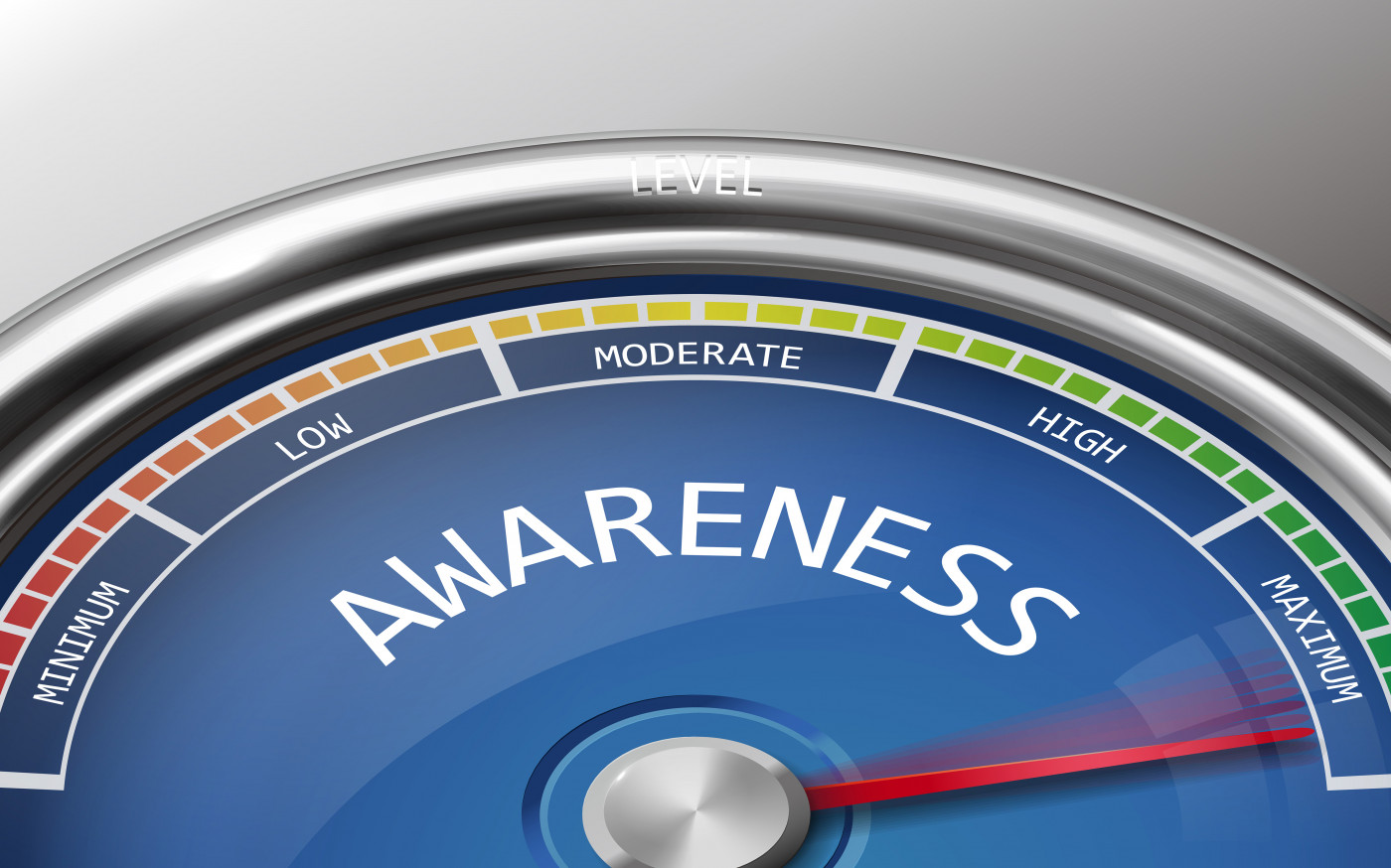MS on the Rise But Still Not a Top Health Priority for Australians, Study Shows

Despite increasing prevalence, multiple sclerosis (MS) continues to fly under the radar with only 40 percent of Australians ranking MS as a community health priority, highlighting the need for greater awareness.
Estimates show that 25,600 Australians live with MS — an increase of 4,400 over the past eight years. In fact, on average, more than 10 Australians are diagnosed with MS every week.
MS Research Australia published these findings as part of a MS report card to mark the start of Kiss Goodbye to MS month in May. The MS report card is put together by researchers at the Menzies Institute of Medical Research in Tasmania, as well as community opinions collected mid-April via YouGov Galaxy among 1,056 Australian adults.
Data published in the MS report card indicate the cost of MS has reached $1.9 billion in Australia, which includes direct costs such as treatment, healthcare and disability services, as well as indirect costs such as lost productivity in terms of reduced unemployment, and informal unpaid care.
In spite of this significant financial burden on society, Australians ranked MS eighth on a health priority list, after mental health, cancer, diabetes, heart health, dementia, motor neuron disease, and Parkinson’s disease.
“MS remains a challenging condition in our community placing a very significant toll on younger Australians where it is most frequently diagnosed. It also brings a heavy burden in cost to manage it. We really need to ensure it is higher on the community radar and receives the attention it needs through research efforts to better understand and manage this complex disease,” Matthew Miles, CEO of MS Research Australia, said in a press release.
Findings also indicate that 7 million Australians know someone with MS, and 2.7 million Australians have a close friend, family member, or relative with MS.
Nonetheless, despite such large numbers, Australians are not well-informed on the disease. Only 50 percent of Australians know that MS is an autoimmune disease that affects the central nervous system. And 19 percent of Australians don’t even know what MS is.
MS is thought to develop due to a combination of factors, which could include genetics, viral infections, and some environmental factors such as decreased sunlight and low vitamin D levels. While 39 percent of Australians recognize that genetics is one of the causes, only 14 percent of Australians understand that a viral infection may be involved, and 11 percent wrongly believe that stress can be a cause.
Importantly, despite the fact that many Australians have close family and friends with MS, 49 percent of the population believes the diagnosis should be kept private or only shared among a small group.
Most Australians believe that research funding should be mainly focused on diseases that affect younger people, such as MS. In particular, 32 percent of the Australian population want to find a cure, while 21 percent want to find a way to prevent MS, and 19 percent want to find the cause of the disease.
On May 1, 16 research institutions from all over Australia participated in Red Lab Coat Day, an MS Research Australia initiative in which scientists stepped out of their labs and into the social media spotlight to share their research activities with the Australian population through videos and social media posts using the hashtag #RedLabCoatDay.
“We are now at a tipping point with research which is taking us close to finding the cure for MS. We believe we can solve the puzzle of MS in our lifetime — so now is the time to really forge ahead and accelerate our research efforts rather than let them keep ticking along at the same pace,” Miles said.
MS Research Australia hopes to raise $1.3 million for MS research during this year’s Kiss Goodbye to MS campaign.






